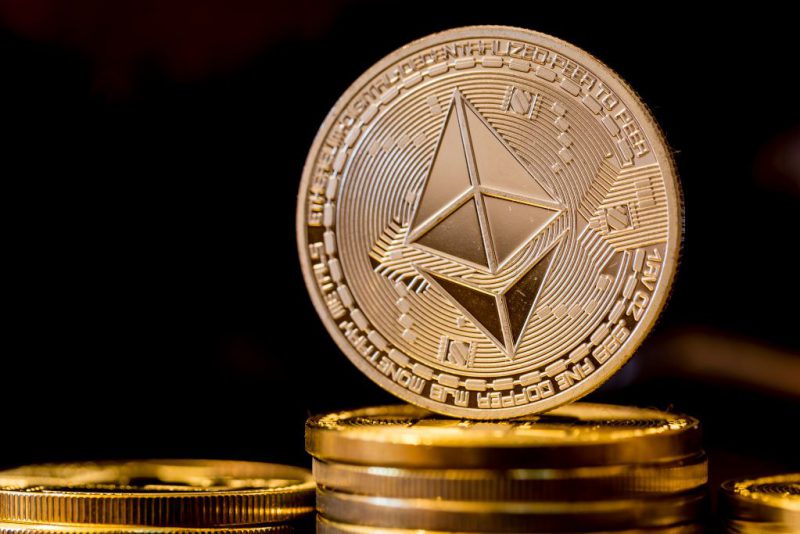Ethereum core developers convened yesterday for a progress report on pivotal network upgrades and new privacy functionality. The biweekly All Core Devs call highlighted testnet advances and demonstrations of zero-knowledge technology to enable confidential transactions of Ethereum.
First, developers celebrated last week’s successful launch of the Holesky testnet after an initial failed attempt. Holesky replaces the aging Goerli testnet to support more robust testing of planned improvements like sharding.
Also read: SEC Charges Ex-Goldman Sachs Employee With Insider Trading
With Holesky now live, the focus shifts to Devnet 9 and Devnet 10—short-term test environments—to stress test upgrades ahead of mainnet deployment. The temporary testnets will validate the Dencun hard fork, which implements proto-danksharding to improve Ethereum’s scalability.
Ethereum developers witnessed a zero-knowledge wormhole demo
Developers also witnessed demonstrations of zero-knowledge “wormhole” technology allowing users to privately transfer Ethereum. The novel concept lets users secretly re-mint the ETH they previously burned by furnishing cryptographic proofs without exposing transaction details.
If implemented, the provable burn-and-remint process would facilitate a privacy-preserving Ether subset. Ethereum leaders believe the technology holds promise for introducing confidential transactions without compromising security.
In other updates, auditing continues for code changes as the Shanghai upgrade draws nearer. Tentatively slated for early 2023, Shanghai will implement low-risk improvements while more complex merges are refined.





